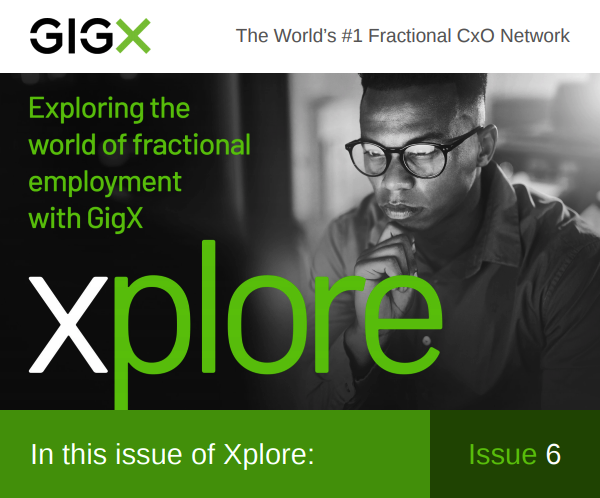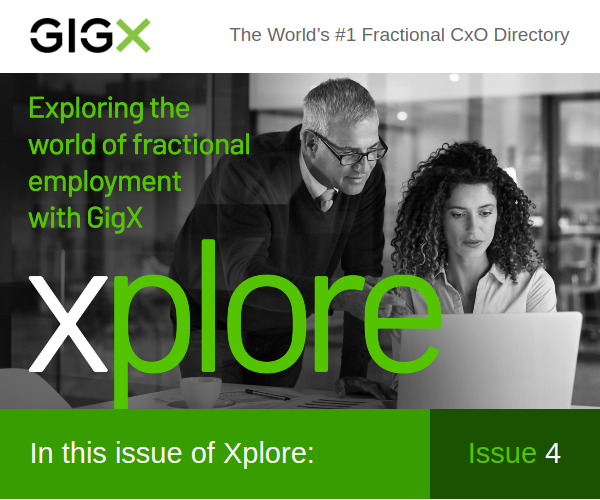Appreciation and Encouragement in the Gig Economy

By Paul White, Ph.D.
In traditional employer-employee work settings, when team members feel valued and appreciated by their colleagues, significant positive effects on the workplace occur. Benefits include increased employee engagement, reduced staff turnover, greater productivity, and less conflict and negativity. But the question arises: does the concept of communicating appreciation to others apply to those in the gig economy? If so, how?
Appreciation is Not Just for Employees
First, we must understand that, even in most work settings, appreciation does not flow primarily from “top 🡪 down”, from supervisors to employees. Individuals want to know that they are valued by their colleagues, as well as their supervisors. Similarly, gig workers value receiving positive feedback from those with whom they work. But, obviously, the types of relationships differ.
Independently contracted professionals long to hear positive feedback from their contractor and/or the manager to whom they report. But as our research has found, saying “good job” is not sufficient --- it is too vague, generic, and has little meaning. Rather, providing specifics about what you value and why it is important are two key components for effective verbal praise.
Communicating appreciation to your support personnel and team members is critical -- regardless of whether they are full-time, part-time, your employees or outsourced help. Research has clearly demonstrated that one of the top factors in team members continuing to work in their current position is that they feel valued and appreciated. When they don’t feel valued, they are at high risk for quitting and going to work for someone else.
Others within one’s network are also important – sharing how much you value and appreciate your vendors, suppliers, strategic partners, business associates and even your clients is critical in order to build supportive relationships.
Encouragement May Be the Need of the Moment
We all get discouraged. We question whether we have made the right career decision. We wonder how much longer do we have to actively market ourselves, or how long we have to “pay our dues” before we reach some of our goals? The reality is – ultimately, we need to encourage and motivate ourselves. We have to find ways to persevere and “keep going”.
But we also need support from others. As humans, we are social beings and it is in our nature to be part of a social network and community – partly to support and give to others, and partially to receive encouragement and input from those around us. That is what family, friends, and supportive networks are for.

Building a Support Network
Sometimes we need to be reminded about the nature of support. Receiving encouragement occurs within the context of a relationship, can be done through different means, and typically comes from multiple sources (versus one person). Fortunately, lots of people can provide support to us – our nuclear family, spouse or significant other; our extended family (parents, kids, in-laws); friends (past jobs, current work network, those not work-related); business coaches; and the network of other gig workers in your field (virtual or local).
Problems develop when we only look to one or two people as our source of support and we wear them out from our repeated requests. Continually developing and refreshing supportive relationships is key to having a network of friends and family who are able (and willing) to provide the support needed.
Appreciation and Encouragement
Appreciation and encouragement are generally quite similar. The primary difference is that they have a different timeframe focus. Appreciation typically focuses on the past – appreciating something a colleague did that was helpful to you. Conversely, encouragement focuses more on the present and future. An associate may be discouraged; they keep encountering obstacles that are impeding their ability to get a task done. Encouragement is coming along side of them and essentially saying, “Hang in there! Keep going! You can do this!”
The five languages of appreciation can be used in both sets of circumstances – when you want to make sure your supplier knows that you really appreciate their getting your order to you on time, and when you need to encourage your IT guy to “hang in there” – that you know he will figure out the problem with the computer network.
Not Everyone Feels Appreciated in the Same Way
A core concept is the fact that not everyone feels appreciated (or encouraged) in the same ways. When people hear the word ‘appreciation’, they typically think about saying “thanks” or giving a compliment. While this is often true, words are not for everyone. Our research with over 325,000 individuals in the workforce has found that less than half desire words as the primary way they want to be shown appreciation. So, while giving compliments and saying “thanks” are a good start, they are not impactful for many.
In our book The 5 Languages of Appreciation in the Workplace, we explain the various ways (other than words) that appreciation and encouragement can be given. A large group of individuals (about 25%) value the appreciation language of Quality Time, which can be receiving individual focused attention from those important to you, or can be experienced through hanging out with a group of friends. Another language of appreciation, Acts of Service, is expressed by helping others out on tasks; a common example is when you are working on a time-sensitive project – what can someone do that would help you get the task done more quickly? The language of Tangible Gifts is not bonuses or a raise, but rather small things that show you are getting to know the other person and what they like. The most commonly given gift in work relationships is food -- bringing their favorite cup of coffee or buying lunch for them. Other common gifts are items related to their interests like a magazine about their favorite sports team or a gift card to a website related to their hobby. Finally, Appropriate Physical Touch is largely an act of spontaneous celebration – a high five when they finish a project, a fist bump when they solve a problem, or a congratulatory handshake when they closed a large sale.
In order to effectively communicate authentic appreciation to others, we need to use the language and actions that are important to the recipient (not just doing what we like).

Discovering One’s Preferred Appreciation Language
Discussing the various ways to show appreciation and encouragement is all “well and good”, but how do you know which language of appreciation a colleague prefers? Asking them, “how do you like to be shown appreciation?” is an awkward and rather weird question in our culture. Trying to discover their language by observation is difficult because there really aren’t that many data points / opportunities to observe. And research has shown that a person’s “love language” in personal relationships (if you know it) often is not the same as their preferred appreciation language in work-based relationships.
As a result, we created an online assessment that identifies a person’s primary and secondary languages of appreciation, as well as the language which is not that meaningful to them. The inventory also [identifies] the specific actions most meaningful to them, as well as how they don’t want to be shown appreciation. Available in eight languages, the inventory has been taken by over 350,000 individuals across the world and has a significant research foundation.
Conclusion
Communicating (and receiving) appreciation and encouragement in work-based relationships has been shown to be a critical factor for healthy work relationships and helps create more effective and productive collaboration. Individuals working in the gig economy who learn how to communicate authentic appreciation to those in their network will differentiate themselves from their competitors and experience the benefits of healthier, supportive relationships.
About the Author
Dr. Paul White is a psychologist who specializes in “making work relationships work” and is the co-author of the best-selling The 5 Languages of Appreciation in the Workplace with Dr. Gary Chapman. For more information, go to www.appreciationatwork.com.
Ready to hire the necessary talent to complete your winning team and hire a veteran fractional leader? Search the GigX Network (it’s free!). Find fractional CxOs and directors who want to leverage their professional experiences and skills to help your company get more wins.
Ready to join a business that is in need of your specific skill set and lead a team as a fractional leader? Join GigX and create a Network profile.
Already a GigX member? Thanks for being a part of the solution and engaging in the gig economy. We’d love to hear your story about how you’re redefining success as a fractional executive in these changing times. Please email us your story.






